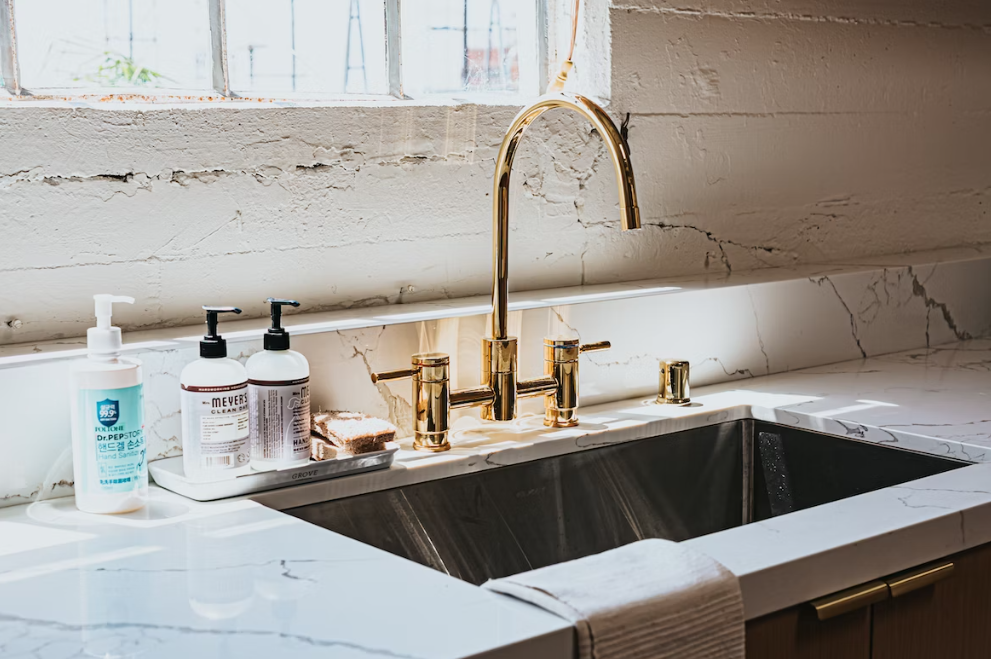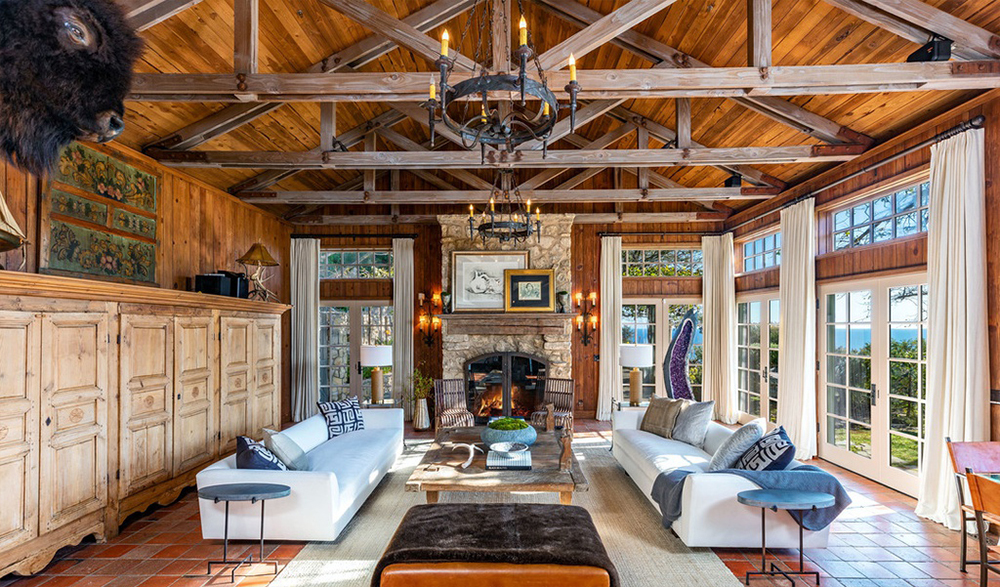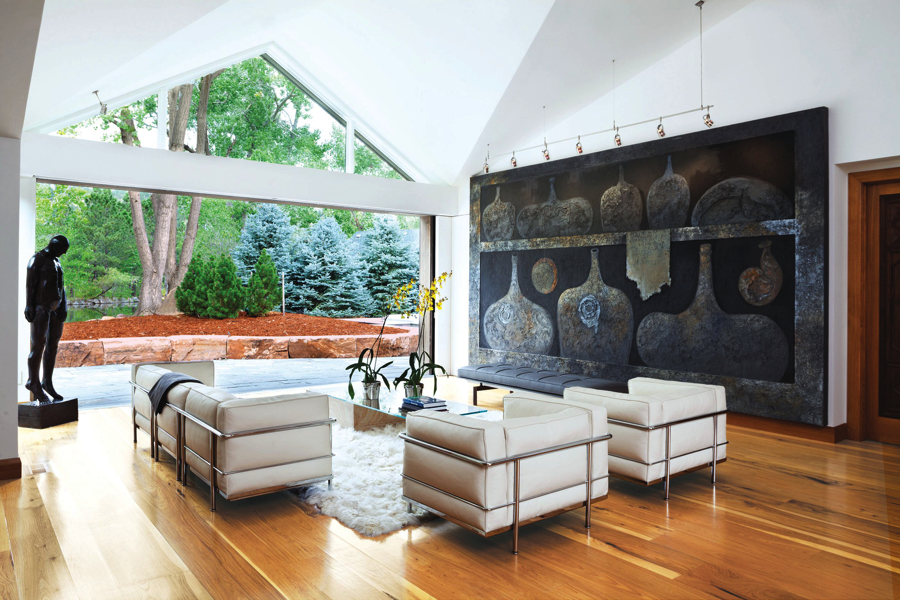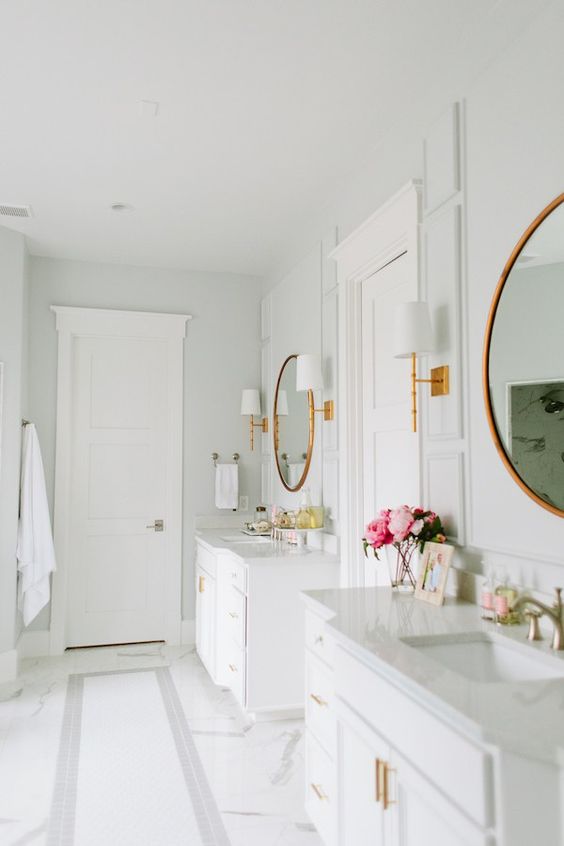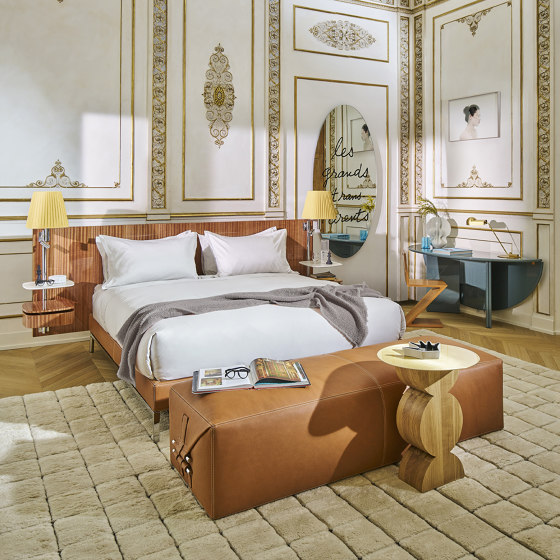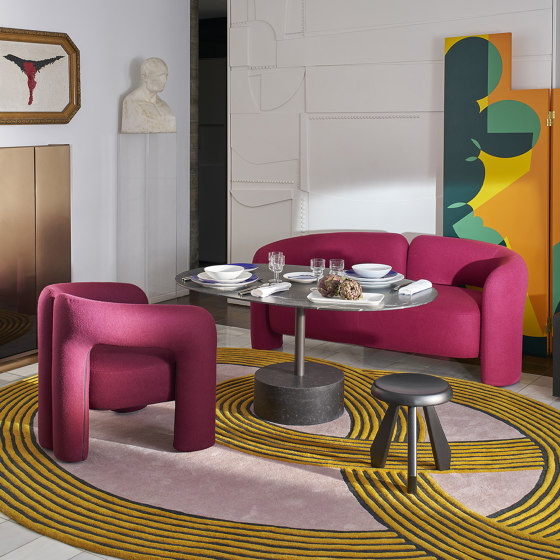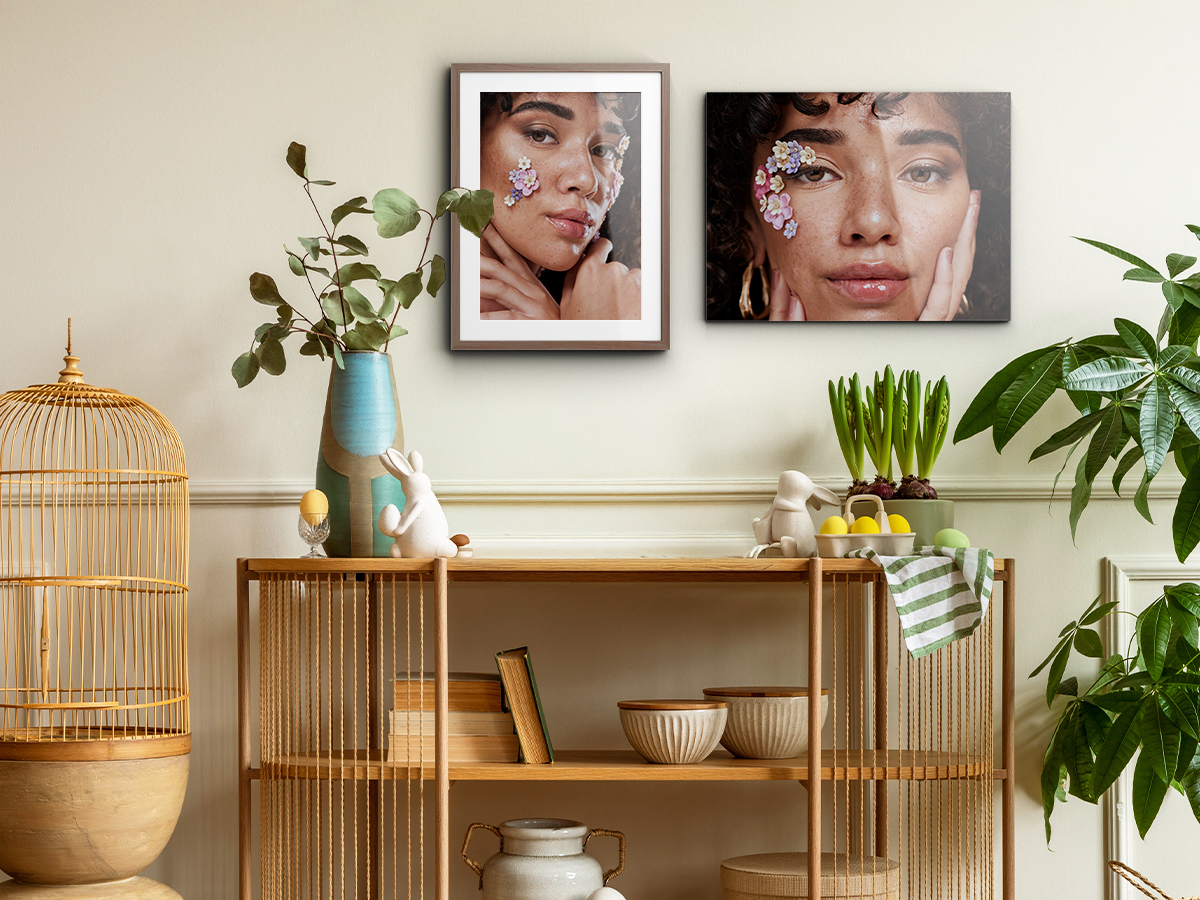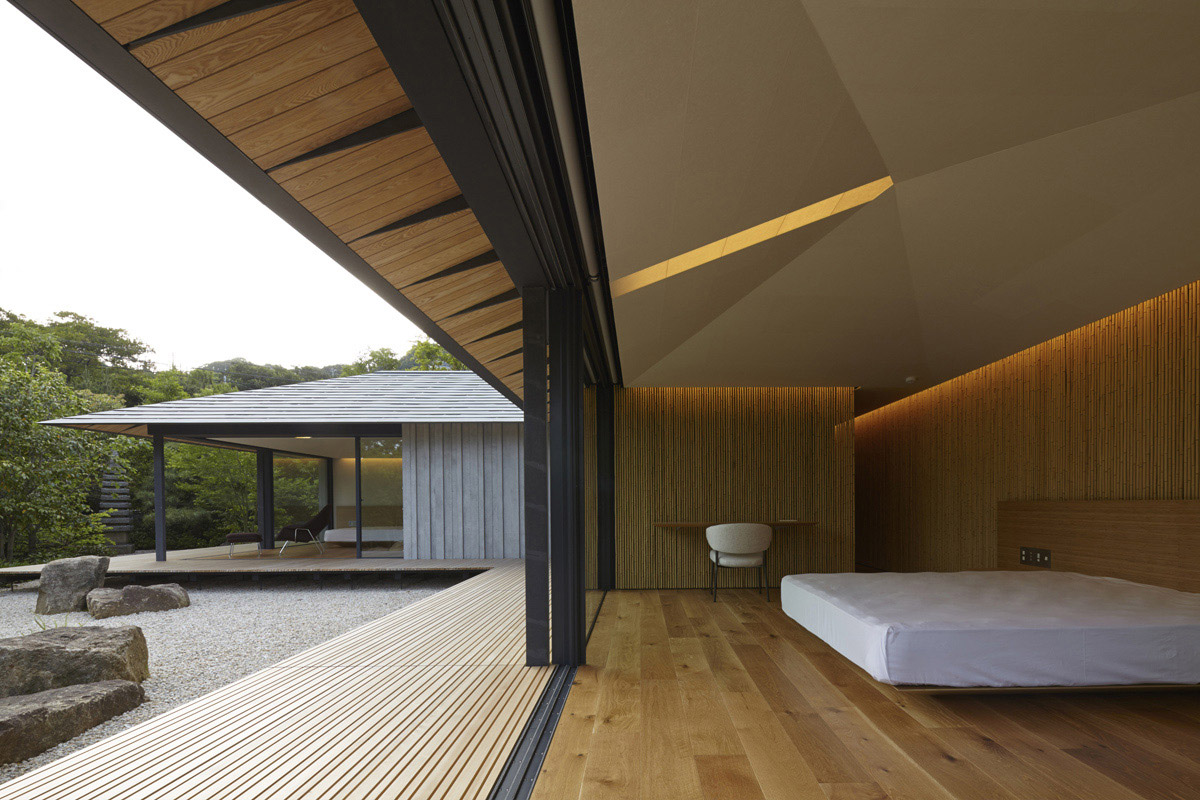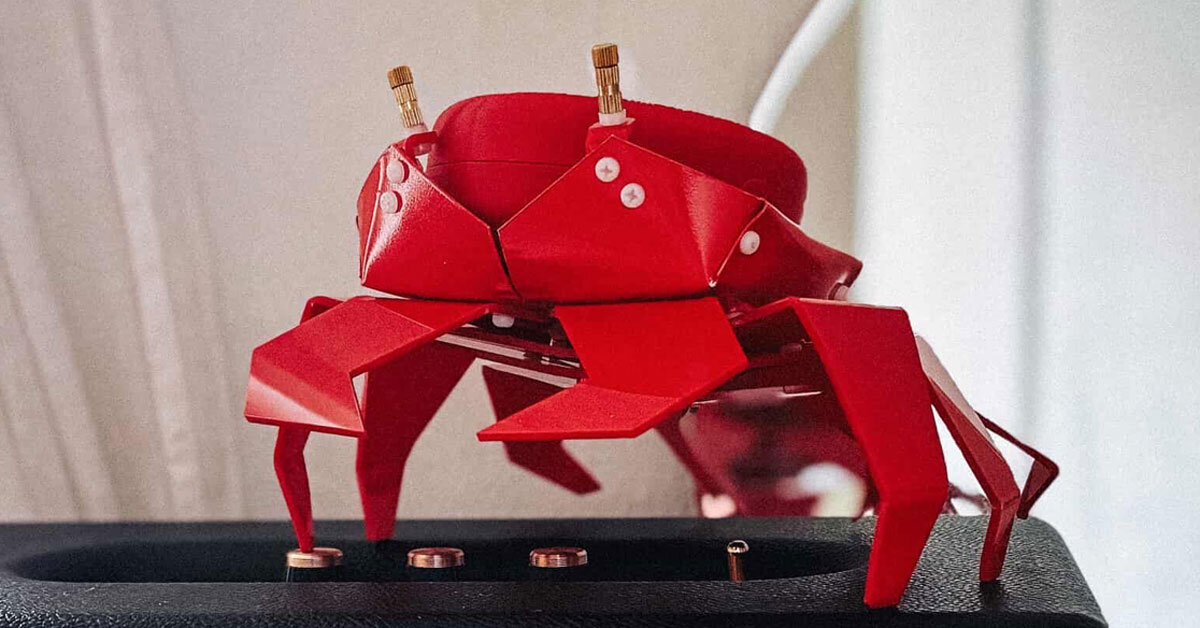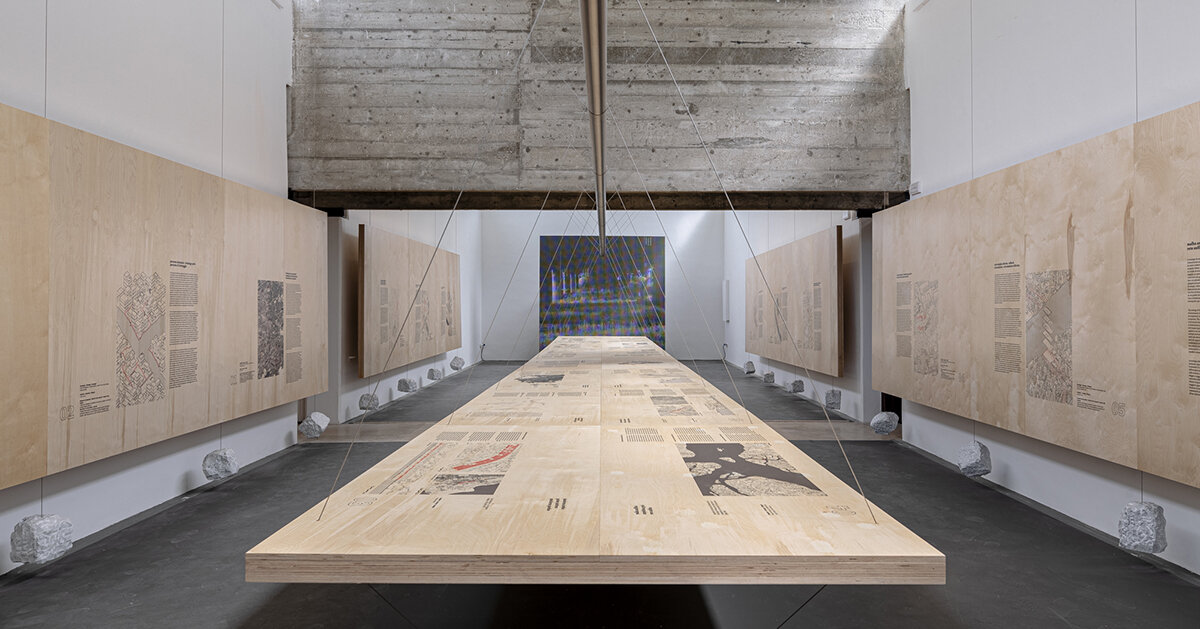Former designer uses her experience to create design, retail and next-gen consumer synergy at Universal Furniture
The Universal Furniture team has worked with interior designers and retailers for years, creating customer service strategies that meet the specific needs of each group.

HIGH POINT — Many furniture manufacturers have developed, or are in the process of developing, trade programs that support business with interior designers. For many, the incorporation of the interior design professional into the sourcing mix includes the ongoing challenge of understanding the designer’s needs in contrast to retailers. For others, the decision to work with designers is a no-brainer, a revenue channel that can offer significant payoffs.
The Universal Furniture team has worked with interior designers and retailers for years, creating customer service strategies that meet the specific needs of each group. Part of that team effort includes the input from Kayla Miller, Universal’s director of marketing, who is in the process of wrapping up her first year in the role and who has brought firsthand design experience to her role.
“I’ve always been captivated by the transformative power of spaces and spent my early 20s designing for friends and family before launching my own business,” Miller told Furniture Today. “I worked on a variety of residential projects and vacation homes across the country, even one in Paris. Creating my own e-design platform and portal allowed me to expand and serve clients outside my area. In tandem with my design work, I also ran an antiques business, traveling along the East Coast for pop-up shows.”
Miller continued building her design business by sharing her projects and inspiration on social media, a practice she describes as “a fun way for me to showcase her talent.” To her surprise, she created an entirely new business as a social media influencer and an income stream that surpassed what she was making from her design projects. The evolution prompted her to reevaluate her career path and step back from designing for clients and into creating content for brands.
“I realized the never-ending job of creating content and sharing my life online wasn’t a sustainable career path,” Miller said. “While I loved the creativity and connections it brought, I wanted to find a career that offered more balance while allowing me to do what I was passionate about.”
The change in mindset lead Miller to Universal and a position as creative marketing specialist, a role that included responsibility for developing the visual identity of the company and one that challenged her in new ways.
“It was the perfect combination of my passion for interiors, marketing and creative storytelling,” said Miller. “My background as a designer gives me a strong eye for interiors and an understanding of what resonates with target audiences, while my experience in marketing enables me to effectively communicate and promote to a broader audience.”
Retail intel for new demographics
Now more than five years later, Miller is at the helm of the marketing team and still calling on her unique skill set to support Universal’s growth strategy. She is quick to point out that, while some retailers are getting it right, there are easy steps other retailers can take to attract a new demographic of consumers.
“What the retail industry gets right — when done well — is creating experiences,” Miller said. “As consumer demographics continue to shift, particularly with younger generations becoming key decision-makers, the focus needs to move beyond just selling furniture to creating a memorable and engaging shopping experience.
“Retailers that invest in elements like a trendy coffee or wine bar, immersive in-store events or beautifully designed vignettes are tapping into what this demographic truly craves,” she continued. “They want more than just a transaction or the cheapest price. They want to feel inspired, connected and part of something unique. And they are willing to pay for it.”
Product that meets consumer demand
Miller echoes what a significant amount of research seems to support heading into 2025: The modern American consumer has shifted toward individuality and personalization rather than a one-size-fits-all approach to product development. This shift has significant implications for product development, according to Miller.
“Today’s consumers want pieces that feel uniquely suited to their tastes, lifestyles and spaces,” she said. “This means manufacturers need to provide retailers with versatile collections and customizable options that cater to a range of styles, preferences and budgets.”
A “range of styles” encompasses everything from timeless classics to modern trends at all price points, Miller said, adding that manufacturers should also focus on flexibility and incorporate modular furniture, fabric and finish customization and mix-and-match options to the product line-up. She noted that along with the product evolution, retailers and designers can help each other build business through creative collaborations.
“While there will always be a segment of consumers seeking inexpensive furnishings — and manufacturers that cater to that demand — I see a shift happening within the 35- to 50-year-old age group,” Miller said. “This demographic is increasingly prioritizing quality and longevity over low cost. They’re willing to invest more in furniture that offers both durability and thoughtful design.”
She added, “These consumers recognize the importance of investing in pieces that enhance their lives and spaces, making it a key opportunity for manufacturers to connect with them by prioritizing both quality and creativity.”
See also:
- Upholstery manufacturers making preparations for changes next year…with guarded optimism
- Upholstery performs, so retailers are sticking with a winner
What's Your Reaction?







